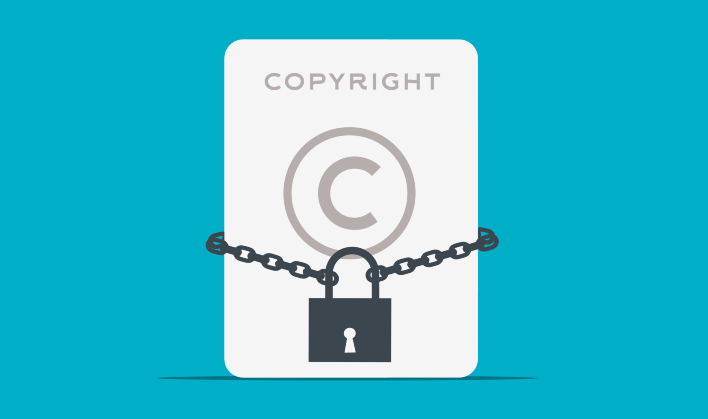AI Can Create Stunning Artwork But The US Government Says It Can’t Have Copyright Protection
The world of art has taken on a new life with the introduction of non-fungible tokens (NFTs). While some companies are embracing the new technology, such as GameStop, others are railing against its use, such as Itch.io. But as the arena of NFTs becomes more popular and lucrative, there is one looming question among some creatives. Is artwork that is created by a machine the property of the machine, or the person who owns the machine?
In November of 2018, Thaler filed an application to register a copyright claim. In the claim, the author of the Work was identified as the "Creativity Machine," with Thaler being listed as the claimant alongside a transfer statement: "ownership of the machine." Thaler included a note that the Work "was autonomously created by a computer algorithm running on a machine" and he was attempting to register the computer-generated work as a work-for-hire to the owner, Thaler himself, of the Creativity Machine.
The United States Copyright Office responded to the claim in August of 2019 saying it "lacks the human authorship necessary to support a copyright claim." Thaler later requested that the Copyright Office reconsider its refusal, arguing that "the human authorship requirement is unconstitutional and unsupported by either statute or case law." Thaler's request has since been denied as well.

This does not exclude all artwork with the aid of an AI the ability to receive copyright protection. However, Thaler's point in all this was to prove that machine-created artwork could receive the same copyright protection as those of human-made pieces of art. But the Copyright Office and courts have been consistent in the past with its rulings when it comes to non-human applications for copyright. For example, a court found that a monkey could not sue for copyright infringement.


